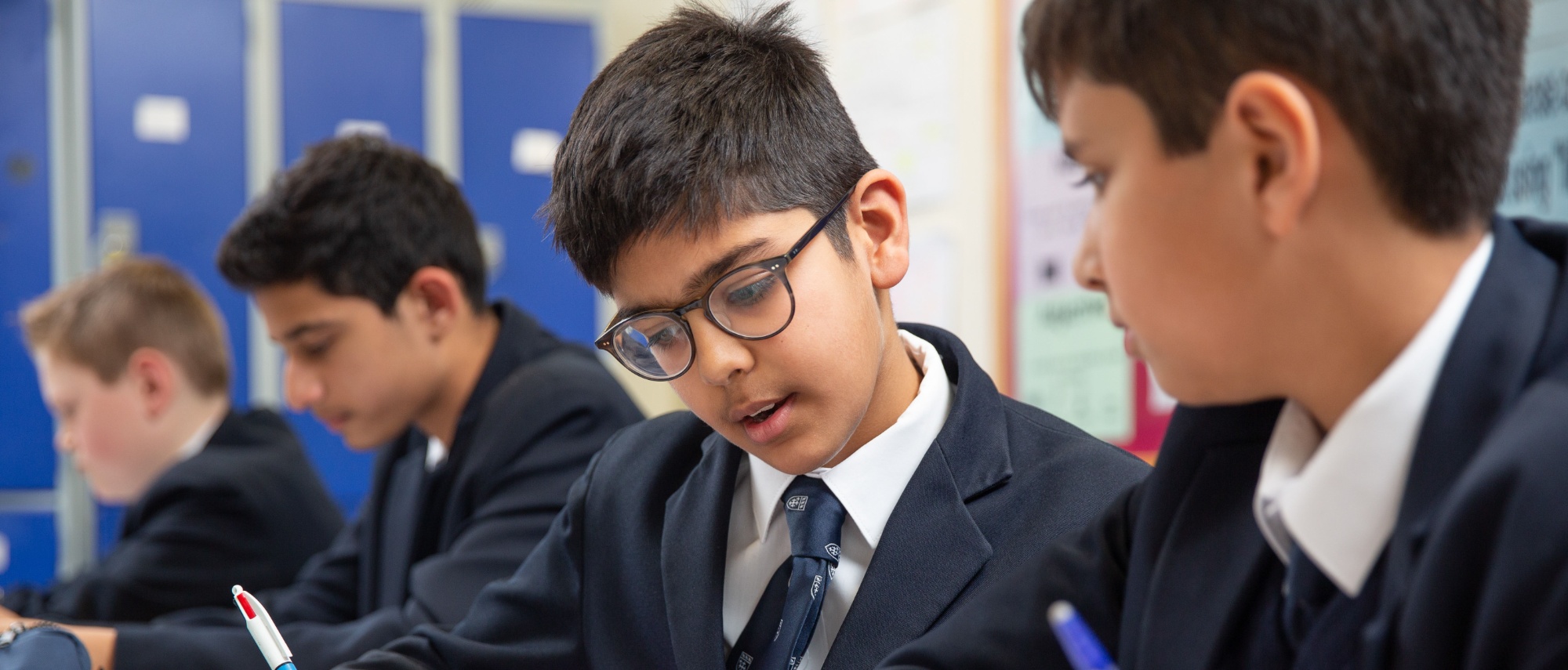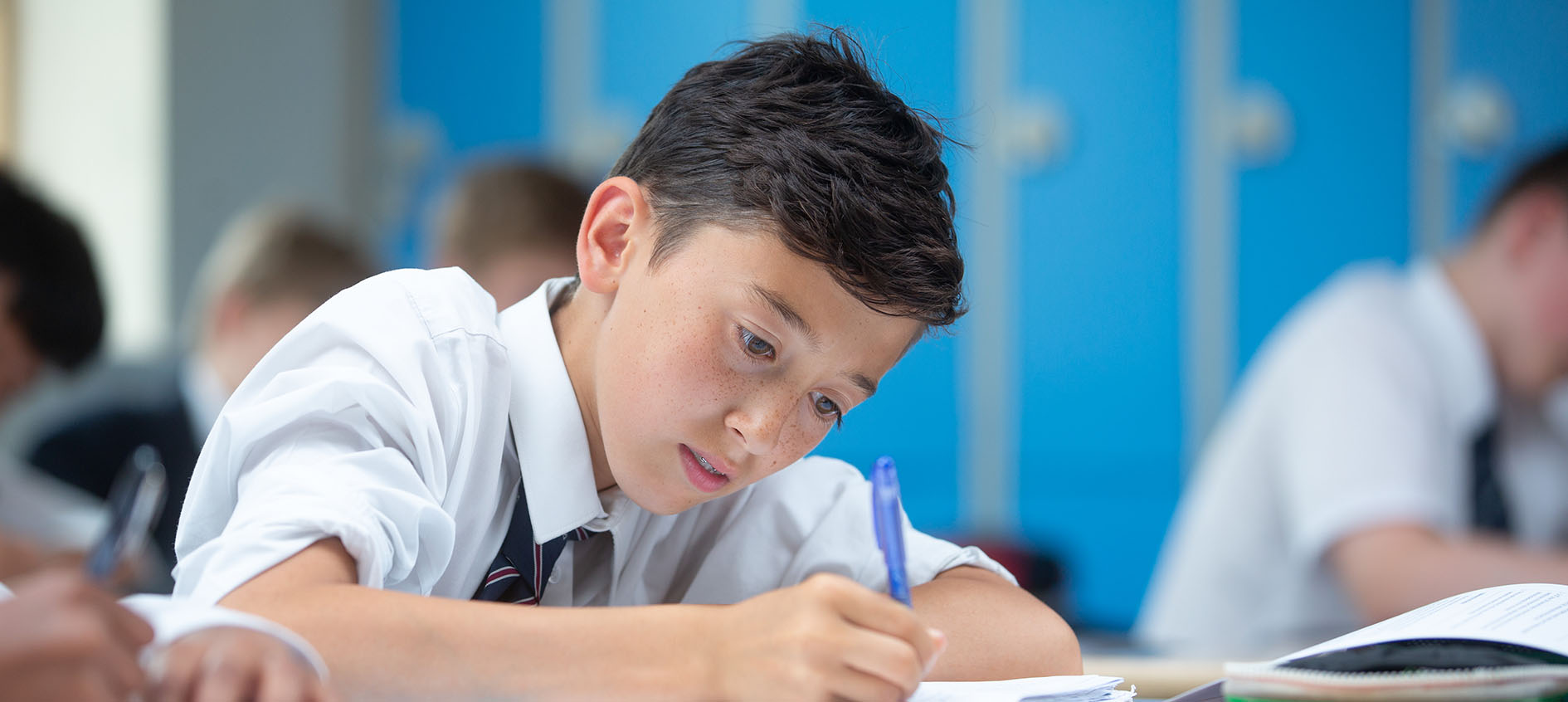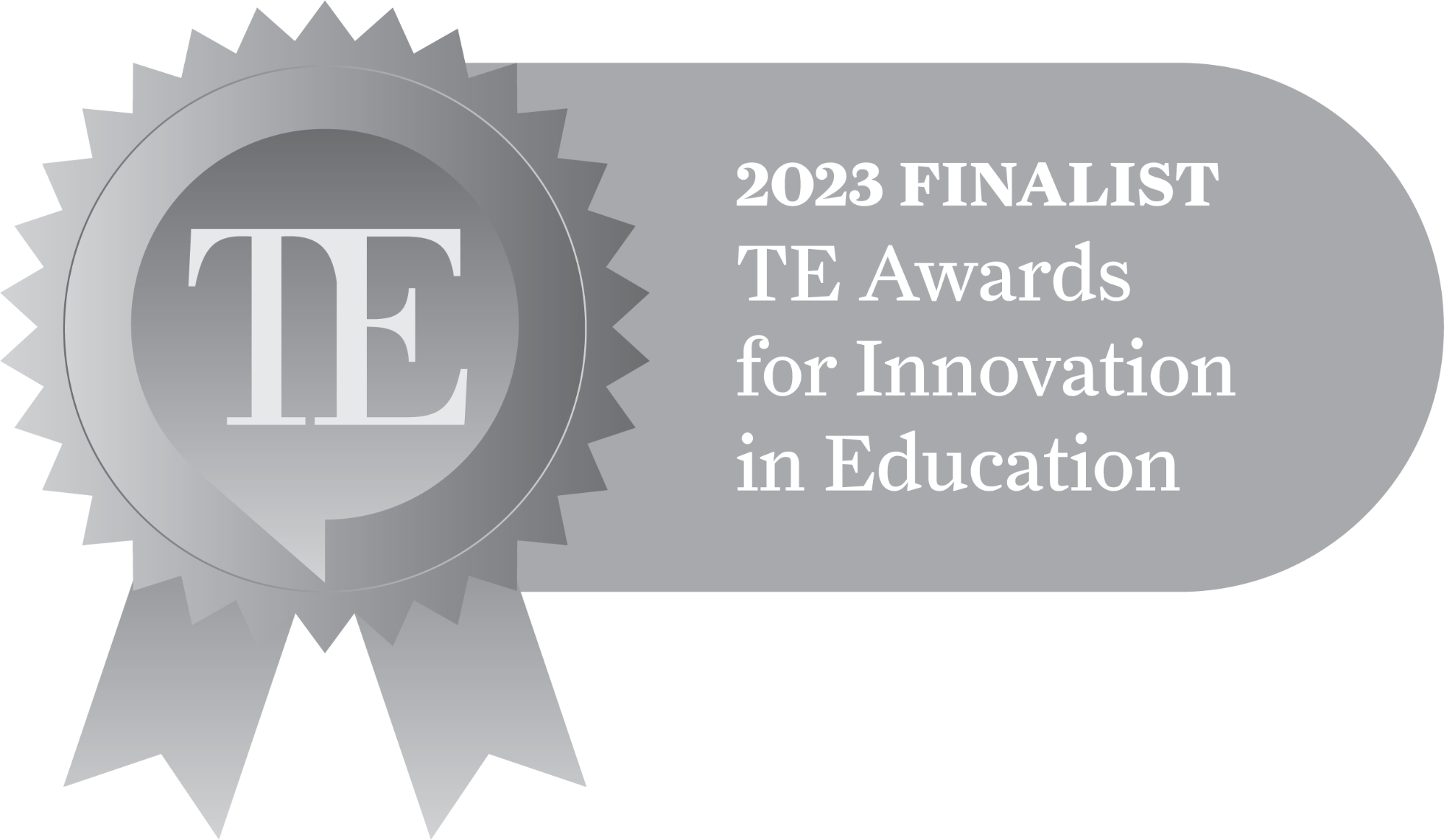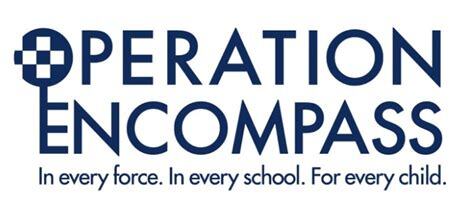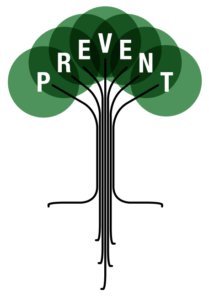Chemistry
Some of the greatest challenges of our age will be overcome through the innovation in chemical science; climate change, population growth & famine, cancer, dementia, sustainable energy and the on-going miniaturisation of information technology to name but a few. Chemistry is about developing practical skills and a systematic way of gathering and evaluating evidence. These analytical thinking skills pave the way to any number of future careers that require an ability to think logically and make impartial decisions. We aim also to fill young people with a sense of excitement and wonder of the Universe and planet on which they live, the elements and compounds from which they are composed and appreciation of the methods by which some of the greatest chemical discoveries were made.
Course Specification
Warwick pupils are immersed in separate sciences from the outset and the vast majority are taught by specialist teachers. The course develops an appreciation of the particulate nature of matter and understanding how everyday observations (like dissolving, burning or filtration) can be explained systematically in terms of chemistry. Emphasis is placed on the ability to explain concepts rather than factual recall. The scientific method is also developed by frequent practical work; how to plan investigations, make valid observations and measurements, using data to support conclusions. Throughout the course, ideas about particles are developed to distinguish between physical and chemical changes and to understand the specific nature of chemical compounds.
AQA Chemistry is offered at GCSE and two out of the three sciences are compulsory. This Chemistry AQA course develops a more categoric understanding of how different particles behave and interact with each other. Ultimately the themes for different types of structures and reactions are related to examples of how we observe chemistry in everyday life or industry. Practical work is frequent and the GCSE requires core practicals to be completed which are encompassed by the course. The syllabus is examined in two papers at the end of the three-year period. Both papers evaluate pupils’ understanding of their practical work and methods.
Chemistry is one of the most challenging A Level choices available at Warwick. The rewards for meeting the high demands of the course are considerable. Chemistry is one of the eight ‘facilitating subjects’ listed by the Russell Group of Universities; these are the subjects that offer the widest range of options into their courses. While offering flexibility in the future, chemistry develops analytical thinking, problem solving, data-supported decision making skills as well as the ability to wrestle with abstract concepts. Warwick pupils follow the Edexcel syllabus and sit three papers at the end of their Upper Sixth, covering the complimentary streams of physical, inorganic and organic chemistry. Practical investigative work is frequent and boys cover the core practicals required by the exam board as a matter of course.
Science in Action offers pupils the opportunity to undertake some extended science practical work. Ideal for those who love to experiment, investigate and ponder… but without the pressure of any write-ups or exams.
Freed from the confines of the syllabus, Science in Action runs a carousel of biological, chemical and physical science activities, which give pupils the chance to see some of the synthesis, analysis and applied techniques more commonly used in undergraduate laboratories.
Those choosing this course will have the opportunity to work alongside pupils and teachers from other schools and as such develop better communication skills as they form efficient working relationships. There is a degree of responsibility – some of the techniques require careful risk assessment, whilst the quality of products and results will depend upon each pupils' own experimental diligence, as well as their ability to work in a team.
Having undertaken the first year of Science in Action, pupils may apply to carry out an independent research project. With limited places, commitment and aptitude must be shown, but the potential payoffs are huge. Working independently in Warwick School’s research-standard laboratories, pupils have the opportunity to genuinely contribute to the progress of the group’s work and get a privileged insight into the world of scientific research.


